|
|
Imagine a world where your apartment not only provides you with a cozy living space but also generates clean, renewable energy to power your daily needs.
This is no longer a far-fetched dream, as solar panels are becoming increasingly popular and accessible to residential apartment dwellers. Are you ready to join the green revolution and discover how you can benefit from installing solar panels in your apartment?
In this article, we will explore the ins and outs of installing solar panels in apartments, from understanding the benefits to navigating the legal and logistical aspects.
Read on to learn how you can become an eco-conscious tenant while enjoying reduced energy bills and promoting sustainability in your community.
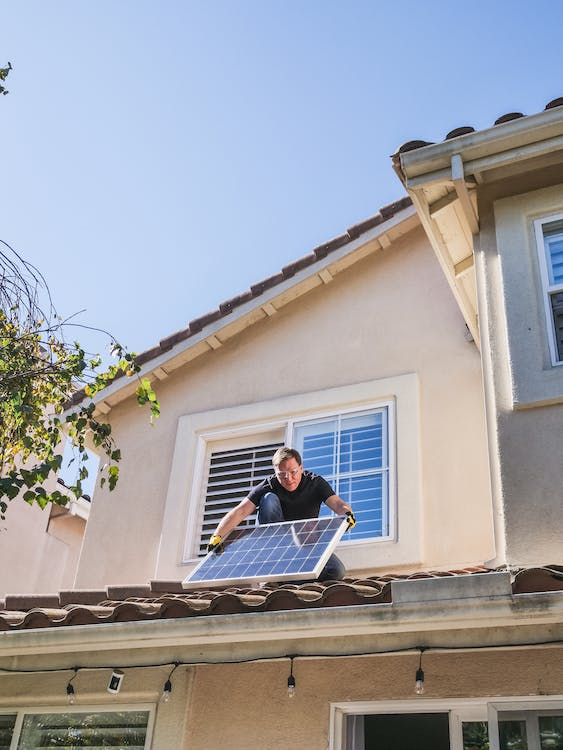
Key Takeaways
- Solar panels can provide significant benefits to apartment dwellers, including reduced energy bills and a positive environmental impact.
- There are various types of solar panel solutions available for apartments, such as rooftop solar panels and plug-in balcony or window solar solutions.
- Assess your apartment’s solar potential by examining sunlight exposure, roof space, orientation, inclination, and energy consumption patterns.
- Address legal considerations like lease agreements, landlord approval, building regulations, permits, and explore alternative options like community solar projects or green energy suppliers if necessary.
- Choose between hiring a reputable installer or installing the solar panels yourself based on your experience and confidence in handling electrical work.
The Benefits of Solar Panels in Apartments
You might be wondering whether solar panels are worth the investment, especially if you live in an apartment. After all, apartments tend to have limited space for solar panels, and many tenants are not the owner of the property.
The short answer is yes – solar panels can be a great investment for apartment dwellers!
Reduced Energy Bills
One of the most significant benefits of installing solar panels in your apartment is the potential for reduced energy bills. By generating your own electricity, you can significantly decrease your reliance on the grid and save money on your monthly utility expenses.
A good example here are solar chargers. If you live in an area that experiences excellent solar irradiance, portable solar chargers can completely eliminate the need for using grid electricity to keep less-power-hungry devices operational (e.g., smartphones, tablets, or Bluetooth appliances).
Environmental Impact
Solar panels contribute to a cleaner environment by producing renewable energy and reducing greenhouse gas emissions.
By installing solar panels in your apartment, you actively participate in the global effort to combat climate change and reduce our collective carbon footprint.
We ultimately know of only one planet that can support life as we know it – Earth. To put it simply, there’s nowhere else to move to if things go south. Doing everything we can to take care of Earth, including generating clean energy with solar panels, is crucial to sustaining human life in the long run.
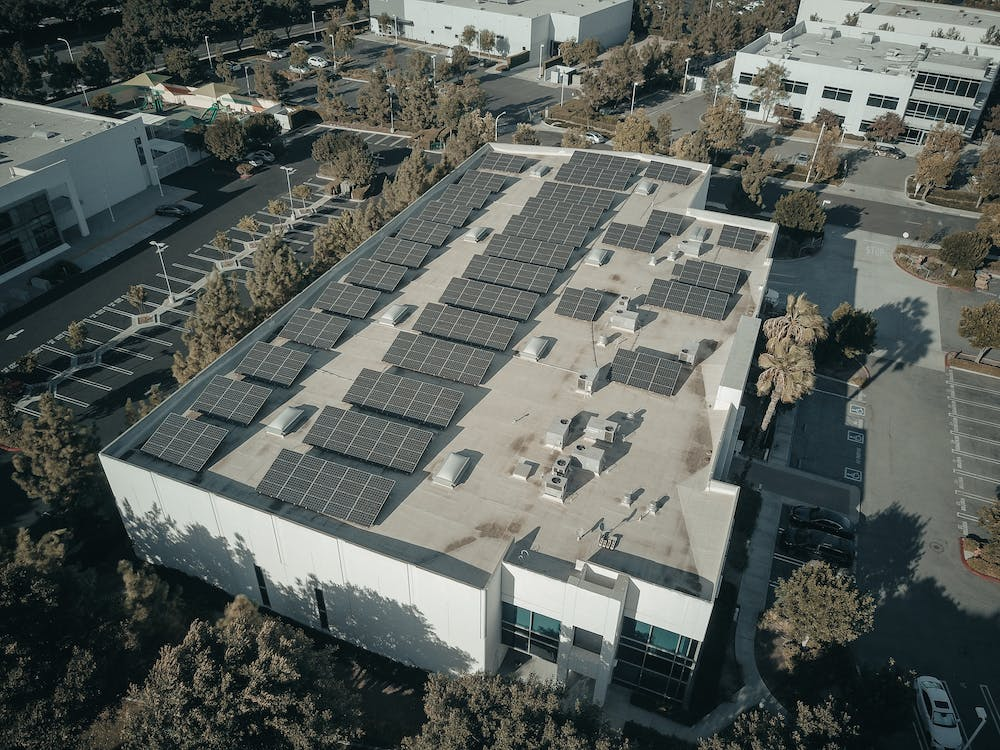
Types of Solar Panels for Apartments
There are various solar panel solutions available for apartment dwellers that cater to different needs and preferences.
Rooftop Solar Panels
Rooftop solar panels are the most common type of solar installation for residential buildings. They offer maximum sunlight exposure and are typically more efficient than other options.
However, rooftop installations may require landlord approval and could be subject to building regulations.
Plug-in Balcony and Window Solar Solutions
For those who have limited roof access or prefer a less invasive option, balcony, and window solar solutions might be a good fit. These portable systems can be easily installed on balconies or hung from windows, allowing you to generate electricity without making significant modifications to the building itself.
Now that you have a basic understanding of the types of solar panels available for apartments let’s move on to assessing your apartment’s solar potential.
Assess Your Apartment’s Solar Potential
Before investing in solar panels, it’s essential to determine whether your apartment has the necessary conditions for optimal solar energy production.
Several factors come into play when assessing the solar potential of your living space.
Sunlight Exposure and Duration
The efficiency of solar panels largely relies on the amount and duration of sunlight they receive. Investigate the sunlight patterns around your apartment by taking note of the sun’s position throughout the day.
Ensure that your apartment receives an adequate amount of sunlight, preferably with minimal shading from nearby buildings or trees.
In many cases, a minimum of six hours of daily sunlight is recommended for effective solar energy generation.
Roof Space, Orientation, and Inclination
Consider the available roof space, its orientation, and its inclination angle.
The ideal orientation for solar panels in the northern hemisphere is south-facing, as they receive the most sunlight throughout the day (north-facing for the southern hemisphere). East or west-facing installations may still work but are generally less efficient than south/north-facing ones.
Additionally, evaluate the size and layout of your roof to ensure that there is enough space for your chosen solar installation and account for necessary setbacks (e.g., roof edges or obstacles like vents or chimneys).
The inclination angle also plays a vital role in solar panel efficiency; consult with a professional installer to determine the optimal angle for your location.
Energy Consumption Patterns
Understanding your energy consumption patterns can help you select an appropriately sized solar system for your apartment.
Analyze your past electricity bills to determine your average monthly usage and peak demand times, as this information will be crucial in designing a solar system tailored to your needs.
Address Legal Considerations and Explore Alternative Options
Before installing solar panels in your apartment, it’s crucial to understand and comply with any legal requirements and restrictions.
Additionally, consider alternative options if individual solar panel installation isn’t feasible for your situation.
Lease Agreement and Landlord Approval
If you’re a long-term tenant willing to go solar, read your lease agreement to determine whether solar panel installations are permitted. If so, always talk to your landlord before proceeding, as they may have specific requirements or preferences.
Also, make sure to ask your landlord if they’re interested in sharing the costs. After all, they’ll benefit as much as you do from the installation.

Building Regulations, Permits, and Incentives
Some local governments and building associations have regulations regarding solar panel installations on residential buildings.
Research your area’s guidelines thoroughly and obtain any necessary permits before beginning the installation process.
Additionally, explore available government incentives, rebates, or tax credits (if you are eligible) for installing solar panels in your apartment, as these can significantly offset your initial investment costs.
Community Solar Projects and Green Energy Suppliers
If individual solar panel installation isn’t feasible for your apartment or you simply can’t get the necessary permits, consider joining a community solar project or subscribing to a green energy supplier.
Community solar projects allow multiple households to collectively invest in a shared solar system without requiring individual installations.
Green energy suppliers provide electricity from renewable sources like solar or wind power, which you can choose by switching your electricity plan.
Start the Solar Panel Installation Process
Once you’ve determined that your apartment is suitable for solar panels and addressed any legal concerns, it’s time to delve into the installation process, equipping yourself with knowledge about proper equipment selection and installation methods.
Choose a Reputable Installer or Do It Yourself
Finding an experienced, licensed solar panel installer is essential for ensuring proper installation and adherence to safety standards. Request quotes from multiple installers and compare their services, pricing, warranties, and customer reviews before making your decision.
Alternatively, if you’re experienced with electrical work and confident in your abilities, you may opt to install the solar panels yourself. However, keep in mind that professional installation is typically recommended for optimal performance and warranty coverage.
If you decide to go the DIY route, be sure to follow all manufacturer guidelines, safety precautions, and local regulations during the installation process.
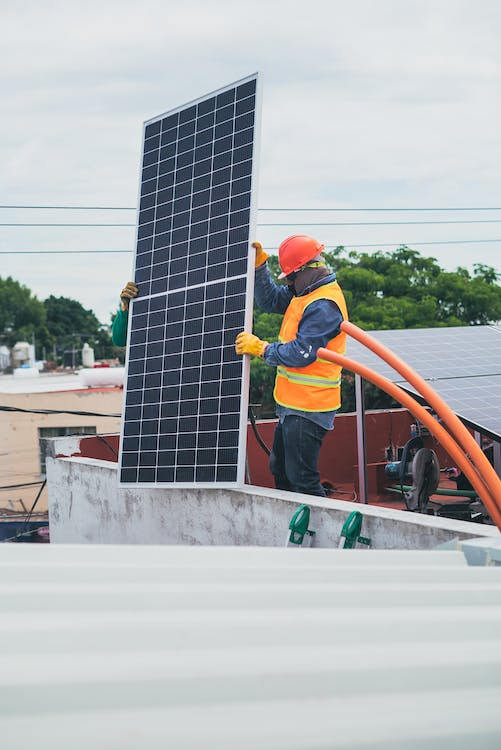
How To Install Solar Panels on Your Own?
If you’ve chosen a plug-and-play solar panel solution or a portable solar charger, following the manual is usually all you need to do to successfully install the system yourself.
However, for more complex installations, such as rooftop solar panels, the process can be more challenging.
In this case, follow these general steps to ensure a safe and efficient installation:
1. Install Solar Panel Mounts
Begin by installing solar panel mounts on your roof or the desired location. These mounts provide a stable and secure foundation for your solar panels.
Choose between flush mounts, roof-ground mounts, or pole mounts based on your specific needs and requirements.
2. Attach Solar Panels
Once the mounting system is in place, attach the solar panels to the mounts. Ensure that they are secured tightly and properly aligned for optimal sunlight exposure.
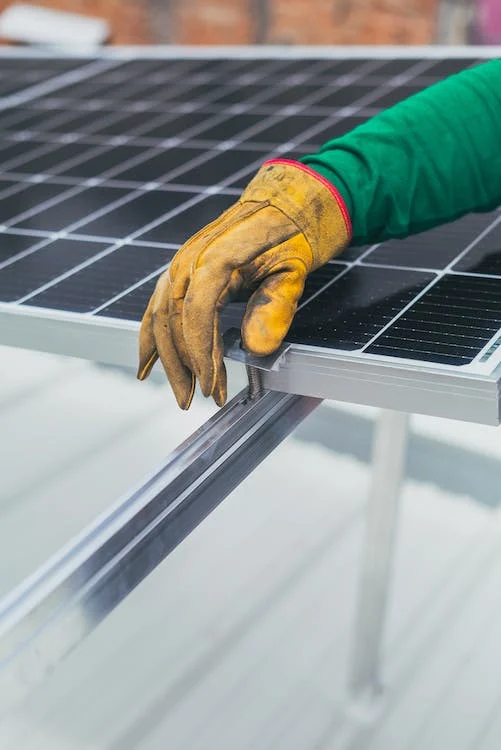
3. Connect the Solar Panels to Your Electrical System
Next, connect the solar panels to your apartment’s electrical system using appropriate wiring and connectors (usually MC4 connectors). This step is crucial for transferring the electricity generated by your solar panels into usable power for your home.
It’s essential to use caution and follow proper safety measures during this process, as working with electrical systems can be hazardous if not done correctly. If you’re unsure about any aspect of this step, consult a professional electrician for guidance.
4. Install the Solar Inverter and Bond It
A solar inverter is responsible for converting the direct current (DC) electricity produced by your solar panels into alternating current (AC) electricity used by most household appliances.
Install the solar inverter as close to your electrical panel as possible and bond it to a battery system if you have one.
5. Monitor and Test
Finally, monitor and test your newly installed solar system to ensure that it’s working correctly and efficiently. Many solar panel kits come with monitoring software or apps that allow you to track energy production and consumption in real time.
Keep an eye on the performance data and address any potential issues that may arise promptly.
Final Thoughts
Installing solar panels in apartments may require more planning and consideration than traditional single-family homes, but it’s still a viable and worthwhile option for many apartment dwellers.
By understanding the benefits, assessing your apartment’s solar potential, addressing legal considerations, and following proper installation procedures, you can enjoy the advantages of clean, renewable energy while reducing your energy bills and promoting sustainability in your community.
Good luck with your solar panel installation journey, and welcome to a greener, more eco-friendly future!
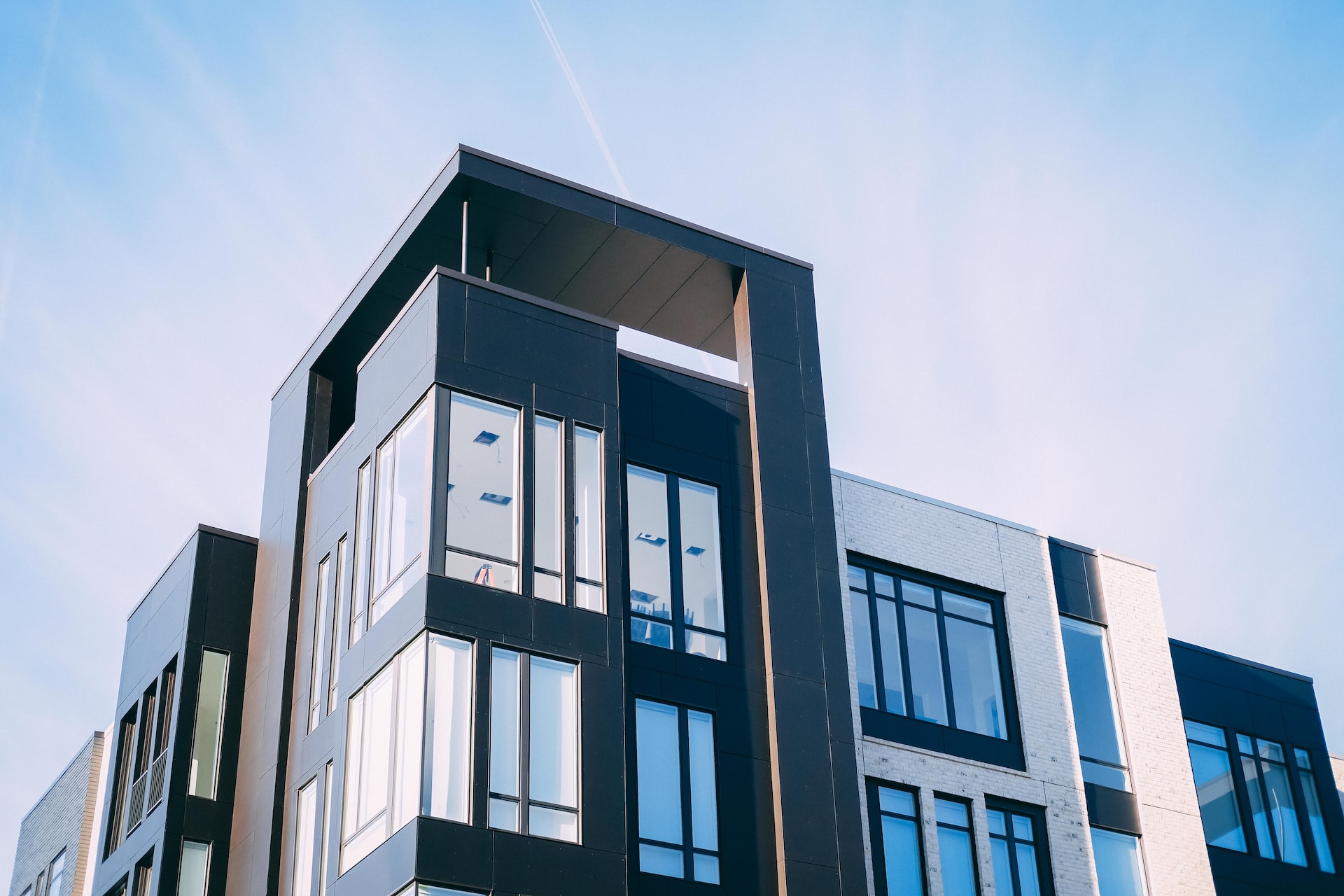
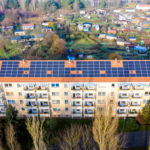

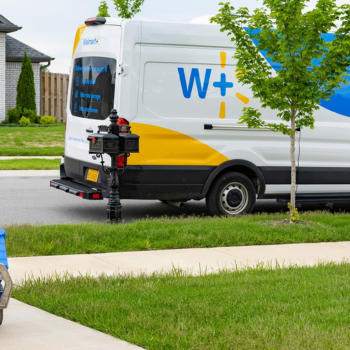
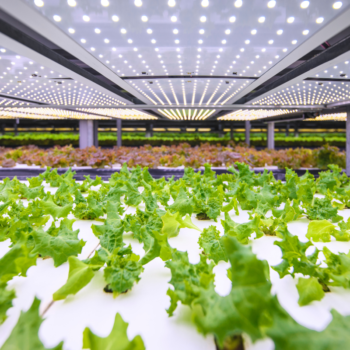





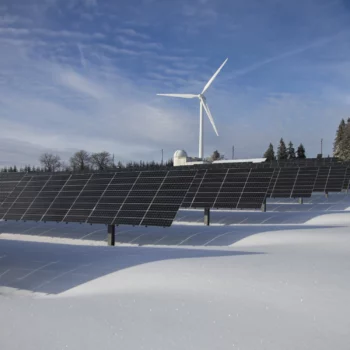


No Comments